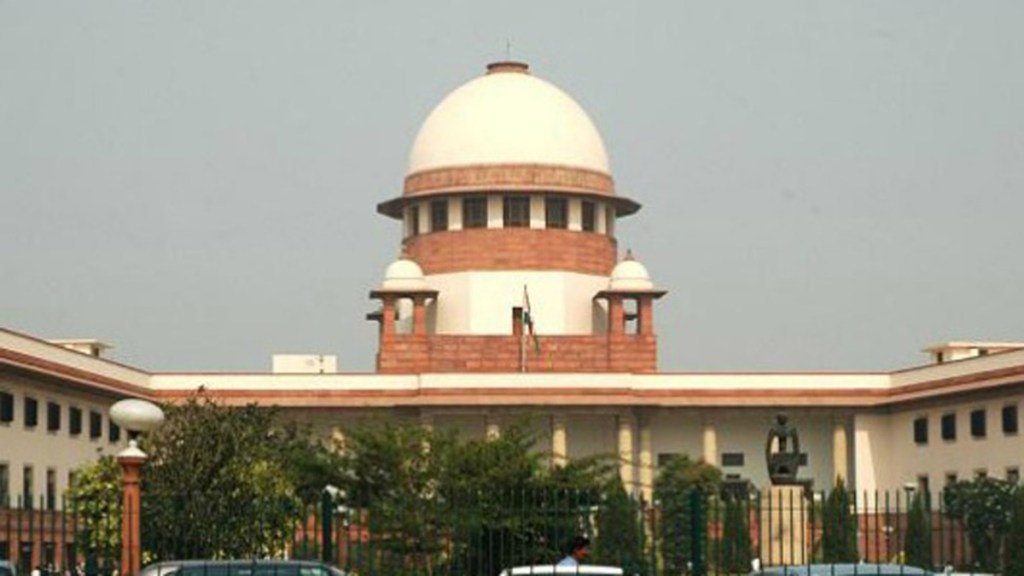The Supreme Court (SC) on Friday stayed a 2024-Delhi High Court (HC) ruling, which had allowed a private equity firm Tiger Global to avail tax benefits arising from the India-Mauritius Double Taxation Avoidance Agreement (DTAA), on transactions made prior to April 1, 2017.
Experts say the SC stay order may bring tax-related uncertainty for foreign investors and force businesses to adopt measures to prevent potential treaty-abuse.
The SC’s stay order comes despite a recent clarification by the Central Board of Direct Taxes that anti-abuse provisions signed by India with Mauritius and Singapore in March last year, mandating principal purpose test for treaty benefits, would be prospective, and would not apply for pre-FY18 transactions.
While granting the stay, the two-judge bench of the apex court said that the issue has “pan Indian” implications, and requires “thorough consideration”. The next hearing on the matter will take place on February 18.
In August 2024, the Delhi HC had delivered a judgment in favour of ‘Tiger Global International III Holdings’–a Mauritius-based private entity–which exempted the company from paying capital gains tax on sale of shares, based on the India-Mauritius DTAA.
The HC overturned an earlier decision by the Advance Authority Ruling (AAR) tribunal, which had denied treaty benefits to the Mauritius-based firm.
Tiger Global International III Holdings (TGI), a tax resident of Mauritius, is owned by several private equity firms that are related to US-based Tiger Global Management (TGM). Between 2011 and 2015, TGI had acquired shares of Flipkart Singapore–which held substantial investments in Flipkart India–and in 2018, had sold it to Walmart, resulting in capital gains.
In 2019, TGI approached the Income Tax Department (ITD) and sought exemption from paying tax on capital gains, due to benefits provided under India-Mauritius DTAA. The company relied on Article 13(3A) of the DTAA, which exempts ‘Mauritian residents’ from Indian capital gains tax for shares acquired prior to April 1, 2017.
TGI also relied on the Supreme Court’s 2003 Azadi Bachao Andolan judgement to substantiate that DTAA benefits must be granted based on treaty terms, irrespective of the motives behind Mauritius-based entities.
However, the AAR rejected TGI’s application, and held that the transaction was designed for tax avoidance. The AAR contended that the Mauritius entities were created without substantial commercial rationale, solely to avoid the tax implications associated with capital gains in India. They also said that on a factual analysis, ultimate control and decision-making lay with Tiger Global Management, US.
The matter thereafter reached the Delhi HC, which held that TGI was a fairly significant entity with considerable economic activity, and served only as an investment manager to TGM, not its subsidiary.
The HC upheld the grandfathering provision under Article 13(3) of the DTAA, and said that domestic tax legislations could not and should not override treaty provisions.
Rahul Charkha, partner, Economic Laws Practice said: “Taxpayers relying on the favorable decision in case of Tiger Global may need to reconsider the position adopted earlier. Setting up an entity in a tax favorable jurisdiction should be supported by adequate business rationale to avail treaty benefits.”
Rakesh Nangia, managing partner, Nangia & Co said that in a way, the Delhi HC verdict had endorsed the principle that rigorous thresholds of general anti-abuse provisions, such as, ‘principal purpose test’ (PPT), could not be invoked by authorities in the case of tax-treaties where sovereign commitments had been given to specific treaty-partners.
“In this context, it is noteworthy that the CBDT issued a Circular barely three days ago categorically placing grandfathering-provisions under tax-treaties with specified treaty-partners beyond the ambit of PPT,” he added.
